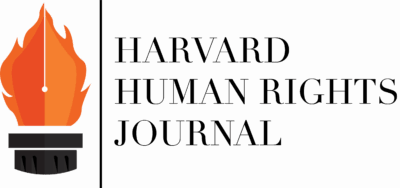By Marlynn Wei, MD, JD and Rebecca W. Brendel, MD, JD
Psychiatrists play an instrumental role in the evaluation of hunger strikers in correctional and detention facilities. This article focuses on the role that psychiatrists play in evaluating the capacity of an individual who is voluntarily fasting. It examines theoretical and legal definitions of hunger strikes, including the criteria applied in federal and state prisons, as well as in the detention center at the U.S. naval base at Guant´anamo Bay. The article discusses the limitations of psychiatric involvement, including professional values on death and suicide, limited access to information, normative judgment, and the use of psychiatry for non-treatment government purposes. Despite these limitations, the article concludes that psychiatrists should play a critical role in hunger strikes, particularly in circumstances where hunger strikers have very limited rights and require ongoing mental health care.
From the hunger strikes of the English suffragettes in the early twentieth century to the public hunger strikes of Mohandas Gandhi in India, individuals have undertaken hunger strikes in both custodial and non-custodial settings as a means of conducting political protest and communicating distress. 1 Hunger strikes by detainees at the Guantanamo Bay Detention Camp at the U.S. naval base at Guantanamo Bay (“Guantanamo Bay”) are a contemporary example that has aroused increased scrutiny from the general public, medical and legal organizations, and human rights groups, both in the United States and internationally. As early as 2002, detainees protested alleged mistreatment of copies of the Koran by guards and interrogators by refusing to eat.
